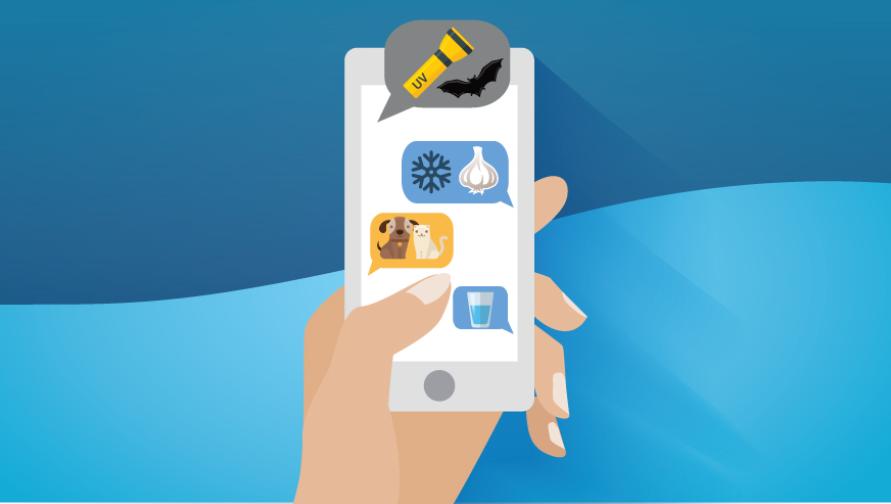
By Annabel Adams
With so much new and competing information online about COVID-19, it can be hard to parse out the credible information from the misinformation. Two philosophers at the University of California, Irvine have dedicated their research to studying how knowledge gets created, challenged, revised and shared. Annalisa Coliva, Chancellor’s Fellow and chair of the Department of Philosophy, and Duncan Pritchard, Distinguished Professor of philosophy, are two of the world’s most preeminent epistemologists, studying the philosophical framework of knowledge itself. Drawing from an interview with the scholars, what follows is their top tips for discerning credible information during the pandemic.
- BE INQUIRING. Don’t automatically believe something just because you’ve been told it (and don’t automatically disbelieve it either). Might someone have a motive for getting you to believe it (regardless of whether it’s true)? What is the source of this information? Is it trustworthy?
Bottom line: Not all content sites are equal. Ask yourself – is this news, opinion or entertainment? Opinion and entertainment content should not be relied upon for news as they do not have to adhere to ethical standards of journalism. If it’s news content, is it bipartisan, well-researched? Did the journalist show how they came to the conclusions they did? - BE REFLECTIVE. Is this information plausible? Does it conflict with other things that you know? Do you want it to be true (regardless of whether it is)?
Bottom line: Google search the topic and see how other reputable news outlets are covering it. - BE CONSCIENTIOUS. What evidence do you have that this information is true? Do you have any independent reason for believing it, beyond the fact that it has been presented to you as true?
Bottom line: If you find that a topic is heavy-handed in its appeal to emotion, that’s a red flag that the author is writing opinion not news. - BE RESPONSIVE. Has new information emerged that is relevant? Would you be aware of it if it had? Would you change your mind if the evidence changed?
Bottom line: The first coverage of a breaking news story might not be the most balanced. Continue to follow breaking topics to gain a well-rounded understanding of the issue. - BE RESPONSIBLE. Even if you find this information credible, think before you share it with others. Is your information up to date? Could it be misleading? Could it be misunderstood
Bottom line: Sharing is not always caring.
To learn more tips for discerning credible news from fake news, you can watch Coliva and Pritchard in conversation with Tyrus Miller, dean of the UCI School of Humanities, on this very issue below.
You can also join Coliva’s free, open-access course on relativism and Pritchard’s on skepticism.
